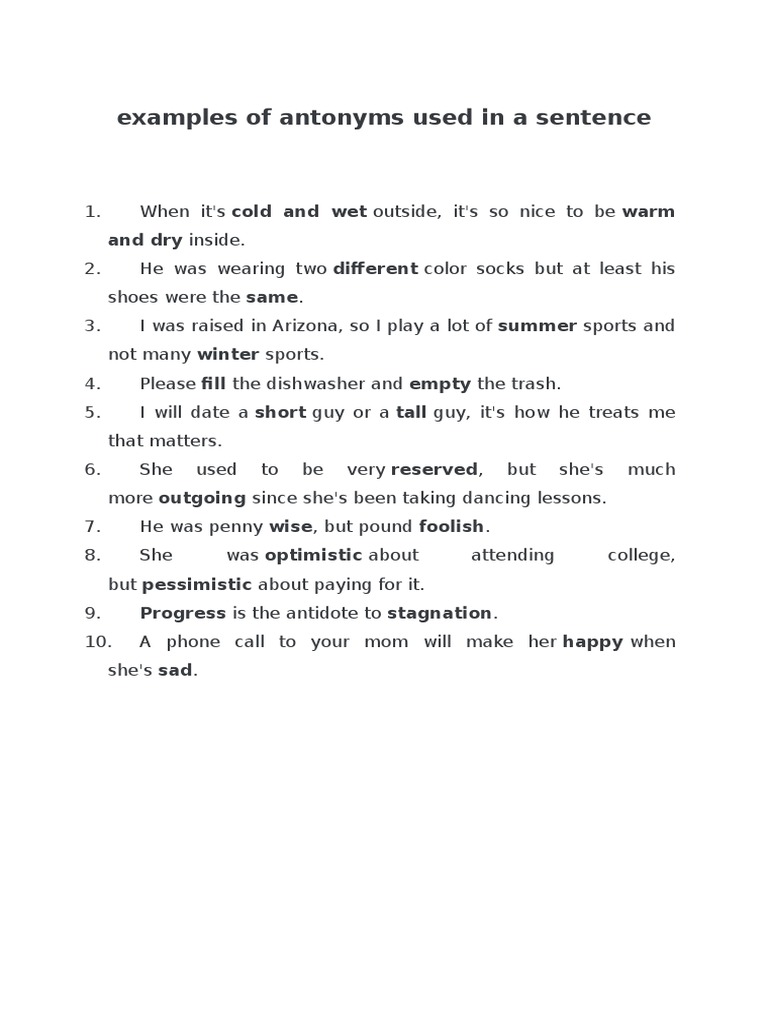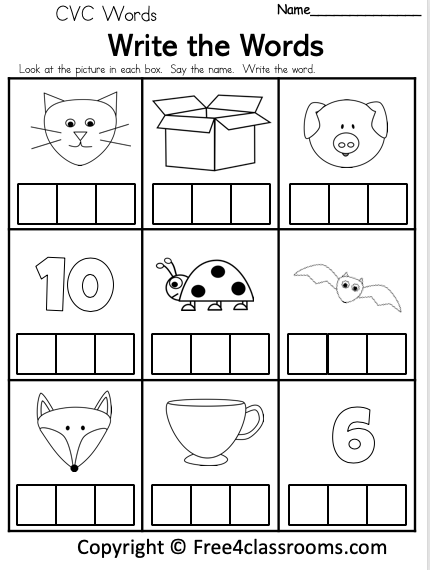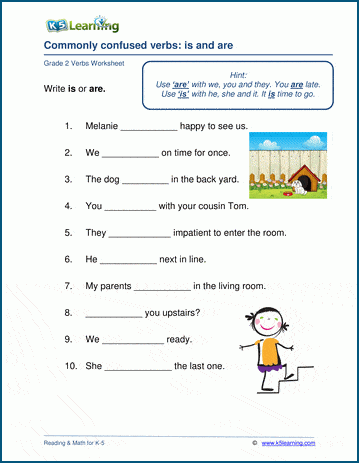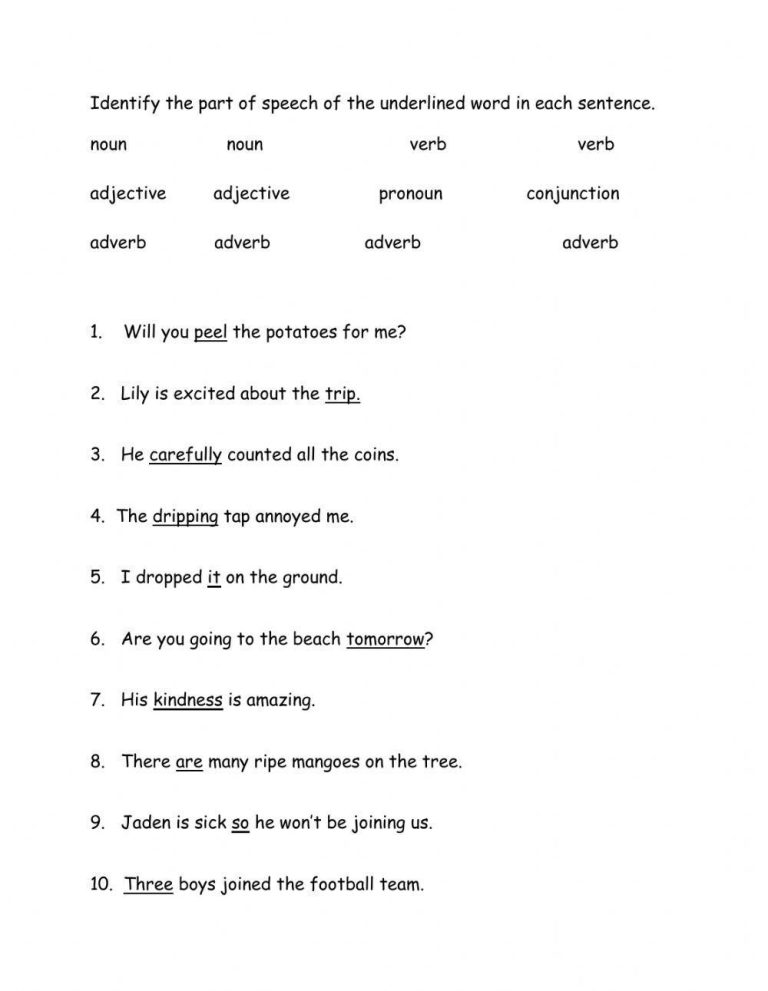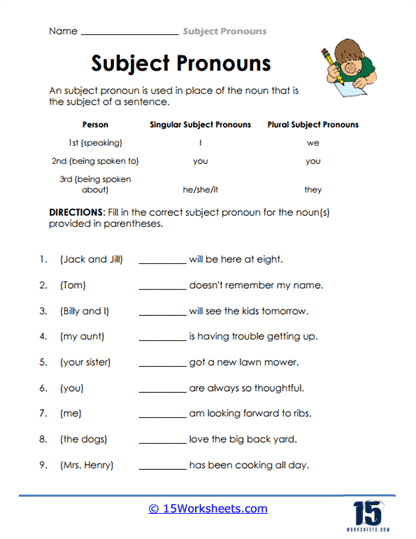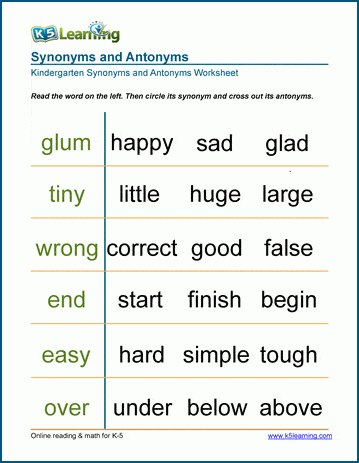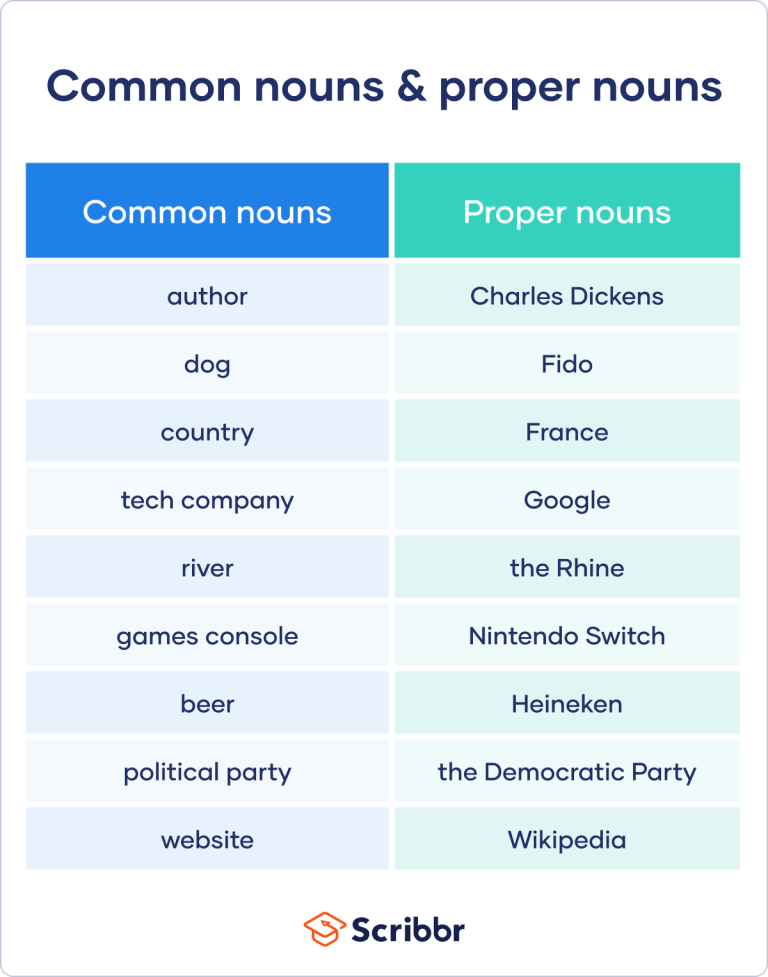50 Examples of Antonyms With Sentences
Are you ready to boost your vocabulary with a fun twist? Understanding antonyms is a great way to enhance your language skills and make your writing or speech more dynamic.
Imagine having the power to express ideas clearly by using words that are exact opposites. Sounds intriguing, right? We’ll dive into a list of 50 antonyms accompanied by sentences that illustrate their usage. You’ll discover how these word pairs can add depth and clarity to your communication.
Keep reading, because this could be the game-changer for your language mastery that you’ve been looking for. Let’s unlock the power of words together!
50 Examples of Antonyms With Sentences
| No. | Antonyms | Sentence 1 (for first word) | Sentence 2 (for second word) |
|---|---|---|---|
| 1 | Accept / Refuse | She decided to accept the job offer. | He had to refuse the invitation due to illness. |
| 2 | Achieve / Fail | We hope to achieve our sales goals this quarter. | Don’t be afraid to try; it’s okay to fail sometimes. |
| 3 | Admire / Despise | Many people admire her courage and determination. | It’s wrong to despise someone simply because they’re different. |
| 4 | Alive / Dead | The plant is still alive after the cold snap. | They confirmed the battery was completely dead and needed replacing. |
| 5 | Always / Never | She always brings a book when she travels. | I never eat breakfast before 9 AM. |
| 6 | Ancient / Modern | They discovered artifacts from an ancient civilization. | The city skyline is dominated by sleek, modern architecture. |
| 7 | Arrive / Depart | The train is scheduled to arrive at noon. | Passengers must depart the aircraft after it lands. |
| 8 | Attract / Repel | Magnets attract iron filings towards them. | The strong smell of ammonia can repel insects. |
| 9 | Beautiful / Ugly | The sunset over the ocean was absolutely beautiful. | A poorly painted mural made the wall look quite ugly. |
| 10 | Begin / End | Let’s begin the meeting with a short introduction. | The film will end with a surprising plot twist. |
| 11 | Believe / Doubt | I believe in the power of positive thinking. | He started to doubt the accuracy of the old map. |
| 12 | Borrow / Lend | Can I borrow your notes for the day? | She agreed to lend him her favorite bicycle. |
| 13 | Brave / Cowardly | It was a brave decision to speak up against the injustice. | He felt cowardly for running away from the problem. |
| 14 | Buy / Sell | We decided to buy a new house this year. | She plans to sell her old car next month. |
| 15 | Calm / Excited | The water was perfectly calm before the storm. | The children were excited about the upcoming holiday. |
| 16 | Careful / Careless | Be careful when handling the delicate vase. | A careless mistake led to the machine breaking down. |
| 17 | Cheap / Expensive | They found a cheap flight for their trip abroad. | Designer clothes are usually quite expensive. |
| 18 | Clean / Dirty | Please help me clean the kitchen after dinner. | His hands were dirty from working in the garden all morning. |
| 19 | Close / Open | Remember to close the window when you leave. | We need to open the package to check its contents. |
| 20 | Cold / Hot | I prefer a cold drink on a summer day. | Be careful, the soup is extremely hot. |
| 21 | Come / Go | Please come to my office when you’re ready. | It’s time for me to go home now. |
| 22 | Cruel / Kind | The villain in the story was a cruel dictator. | She’s a very kind person who volunteers her time. |
| 23 | Dark / Light | The room was completely dark without the lamp on. | We need a brighter light to read by. |
| 24 | Day / Night | I prefer to work during the day when I have more energy. | The city looks magical at night with all the lights. |
| 25 | Difficult / Easy | Learning a new language can be quite difficult. | This puzzle is relatively easy to solve. |
| 26 | Dry / Wet | Hang the clothes outside until they are completely dry. | After the rain, the sidewalk was completely wet. |
| 27 | Early / Late | She arrived early to secure a good seat. | Don’t be late for your appointment tomorrow. |
| 28 | Empty / Full | The storage container was completely empty. | The jar was full of colorful candies. |
| 29 | Fast / Slow | A cheetah is an incredibly fast animal. | The traffic jam made the journey incredibly slow. |
| 30 | Find / Lose | Did you manage to find your misplaced keys? | Try not to lose your concentration during the exam. |
| 31 | Float / Sink | Wood will usually float on water. | Heavy stones will quickly sink to the bottom. |
| 32 | Forget / Remember | I often forget where I put my glasses. | Always remember to lock the door before leaving. |
| 33 | Friend / Enemy | She is a loyal and trusted friend. | He considers his rival to be a bitter enemy. |
| 34 | Generous / Stingy | It was very generous of him to donate so much money. | A stingy person rarely shares anything they have. |
| 35 | Happy / Sad | They were all very happy about the good news. | She felt sad when her favorite show was canceled. |
| 36 | Hard / Soft | The granite countertop is very hard and durable. | He likes the feeling of the soft woolen blanket. |
| 37 | Healthy / Sick | Eating vegetables helps you stay healthy. | He couldn’t come to school because he was sick. |
| 38 | Heavy / Light | The suitcase was too heavy to lift easily. | Helium balloons are surprisingly light. |
| 39 | Include / Exclude | The price will include taxes and service charges. | We chose to exclude those irrelevant details from the report. |
| 40 | Inhale / Exhale | We were taught to inhale deeply before singing. | You must exhale slowly when performing the exercise. |
| 41 | Inside / Outside | It was raining, so we stayed inside all day. | The children went outside to play in the yard. |
| 42 | Junior / Senior | The junior employees report to the department head. | She is a senior manager with over twenty years of experience. |
| 43 | Knowledge / Ignorance | A good education increases your knowledge of the world. | Ignorance about other cultures can lead to misunderstandings. |
| 44 | Laugh / Cry | The comedian made the entire audience laugh. | She started to cry after hearing the emotional news. |
| 45 | Loud / Quiet | The music at the concert was incredibly loud. | Please keep your voices quiet in the library. |
| 46 | Maximum / Minimum | The maximum speed allowed on this road is 60 mph. | You must order a minimum of three items for delivery. |
| 47 | Minority / Majority | A minority of the voters disagreed with the proposal. | The majority of students passed the final examination. |
| 48 | North / South | They traveled North to visit the Canadian border. | The city is located far to the South of the country. |
| 49 | Success / Failure | The launch of the new product was a great success. | We learned valuable lessons from the project’s failure. |
| 50 | True / False | Everything stated in the witness’s report was true. | It was determined that the information was completely false. |

Credit: www.pinterest.com
Antonyms Explained
Antonyms are words that have opposite meanings. These words help us understand different ideas better. For example, “hot” and “cold” are antonyms. Learning antonyms can make our language skills stronger. It helps us describe things with more detail. Using antonyms in sentences shows contrast.
Antonyms can be fun to learn. They expand our vocabulary. Imagine the difference between “happy” and “sad”. These words express emotions clearly. “Large” and “small” show size differences. Knowing antonyms helps in reading and writing.
Children can use antonyms in stories. It makes stories interesting. Teachers often teach antonyms in school. Practice helps us remember them easily. Antonyms are important for communication.

Credit: www.youtube.com
Importance Of Antonyms
Antonyms help us understand words better. They show the opposite meaning. For example, hotand coldare antonyms. Knowing antonyms makes language fun. It helps in learning new words. Antonyms also make writing clear. They add variety to sentences. Kids use antonyms in stories. They make stories interesting. Antonyms are important in school. They help in exams. They improve vocabulary. Antonyms are used in everyday speech. They help in describing things. Like big and small. Fast and slow. Happy and sad. These are all antonyms. Learning antonyms is easy. It is like a game. Find one word. Then find its opposite. This helps in remembering them. Antonyms make language colorful. They are a key part of grammar. Everyone should learn them.
Antonyms In Language Learning
Antonymsare words with opposite meanings. They help us understand words better. For example, “hot” is the opposite of “cold.” Using antonyms can make speech more interesting. Kids love learning with antonyms. It makes language fun and engaging.
Let’s see some examples: The sunwas shining, but the moon was dark. The cat is big, while the mouse is small. Words like these help in making sentences more vivid.
Antonyms make us think deeply about words. They show us how words relate. This understanding is useful in writing and speaking. It helps us describe things clearly. Kids can learn faster with antonyms.
Common Antonyms
Antonyms are words that mean the opposite. Happy and sad are antonyms. Light and dark are antonyms too. These pairs make language interesting. They help us understand contrasts.
Antonyms show differences clearly. A big dog is different from a small cat. Hot coffee is not like cold soda. Antonyms are useful in everyday speech.
Here are some examples:
- Fast and slow
- Strong and weak
- Rich and poor
- Easy and hard
- Safe and dangerous
Using antonyms can make writing clear. They help show the differencebetween ideas. When writing or speaking, antonyms are helpful tools.
Pairing Antonyms With Sentences
Antonymsare words with opposite meanings. They help make writing interesting. Here are some examples with sentences.
| Word | Antonym | Sentence |
|---|---|---|
| Hot | Cold | The soup is hot, but the ice cream is cold. |
| Happy | Sad | She felt happy when she got a gift. He was sad when it broke. |
| Fast | Slow | The rabbit is fast. The turtle is slow. |
| Big | Small | The elephant is big, but the mouse is small. |
| Day | Night | The sun shines during the day. The stars twinkle at night. |
These examples show how words can have opposite meanings. Using them makes writing fun and clear.
Examples Of Antonyms
Sally was happywith her new toy. Then she lost it and felt sad. Her smile turned into a frown. The sun was shining, but her heart was cloudy. She hoped to find it soon and be happy again.
The elephant is very big. The mouse is small. They live in the same forest. The elephant helps the mouse sometimes. Together, they make a funny pair.
A cheetah runs fast. A turtle walks slow. The cheetah loves to chase the wind. The turtle enjoys a calm stroll. Both animals are special in their own way.
Summer days are hot. Winter days are cold. Kids love playing in the warm sun. They also like building snowmen. Each season has its own fun.
The baby is young. Grandma is old. They enjoy spending time together. Grandma tells stories, and the baby listens. Both learn from each other and share smiles.
Sentences Using Antonyms
The cat is quick, but the dog is slow. The sun is bright, while the moon is dark. Kids are often noisy, yet libraries are quiet. My room is messy, but her room is tidy. Tom is happy, and John feels sad.
His shirt is wet, but mine is dry. The path is narrow, yet the road is wide. She is strong, while he is weak. The house is big, but the cottage is small. My car is new, and yours is old.
His voice is loud, but hers is soft. The weather is hot, while the snow is cold. The book is interesting, yet the movie is boring. The task is easy, but the exam is difficult. This drink is sweet, and that one is bitter.
Application In Writing
Antonyms make writing more interesting. They show opposites in meaning. For example, “big” and “small” are antonyms. Using them can make your writing clear. It helps readers understand better. Writers use antonyms for contrast. This adds depth to their text.
Good writers choose words carefully. This gives their work more impact. Antonyms also make descriptions vivid. For instance, “happy” and “sad” can describe feelings well. Using antonyms can make stories exciting. They help paint a clear picture for readers.
Antonyms are useful in many types of writing. They can appear in essays, stories, and poems. Knowing antonyms helps improve vocabulary. It also makes writing more expressive. Understanding antonyms is key to strong writing skills.
Exercises With Antonyms
Antonyms are words that have opposite meanings. For example, “happy” and “sad” are antonyms. Let’s look at some examples. The word “big” is an antonym of “small”. “Hot” is the opposite of “cold”. Try using these in sentences. “The sun is hot, but the ice is cold.” Or, “The elephant is big, yet the mouse is small.” Can you think of more antonyms?
Using antonyms in sentences is fun. “The cat is fast, but the turtle is slow.” Another example is, “The room is light, yet the cave is dark.” These sentences show opposite ideas. Writing sentences with antonyms helps you learn them. Try this: “The day is bright, and the night is dark.” Practice makes you better.

Credit: englishstudyhere.com
Frequently Asked Questions
What Are Antonyms In English?
Antonyms are words with opposite meanings. They enhance language by providing contrast and variety. Examples include “hot” and “cold” or “happy” and “sad. ” Understanding antonyms improves vocabulary and comprehension. They are essential in language learning and communication.
How Can Antonyms Improve Writing Skills?
Antonyms enhance writing by adding depth and clarity. Using them helps create vivid imagery and contrast. They make descriptions more engaging and precise. Writers can effectively convey emotions and situations. Mastery of antonyms enriches vocabulary and improves overall expression.
Why Are Antonyms Important In Language Learning?
Antonyms help learners understand word meanings and relationships. They improve vocabulary by introducing contrasting concepts. This aids in memory retention and comprehension. Antonyms also enhance communication skills. Understanding them is crucial for language proficiency and effective expression.
Can You Provide Examples Of Antonyms In Sentences?
Certainly! Here are a few examples: “The sun is bright, but the room is dark. ” “She was happy yesterday, but today she’s sad. ” These sentences illustrate the use of antonyms to show contrast and meaning.
Conclusion
Antonyms add depth to language. They show contrasts and opposites. Understanding them helps in daily communication. They enhance clarity in speech and writing. This blog offered 50 examples with sentences. These examples provide context and understanding. Practice using antonyms in conversations.
It can improve language skills. Explore more antonyms on your own. It broadens vocabulary and comprehension. Language is rich and diverse. Antonyms are just one part. Learning them can be fun and rewarding. Embrace the variety in words. It enriches expression and communication.
Enjoy mastering the art of opposites!
